Nature is often viewed through a familiar lens—the trees, the birds, the sky. But there’s so much more to the world around us than meets the eye. From intricate ecosystems to the smallest organisms that play essential roles in our survival, nature’s wonders are often overlooked. In this blog, we’ll take a deeper dive into the hidden marvels of nature that shape our world in unseen ways and learn why we should protect them.
The Microscopic Giants – Soil’s Invisible Helpers
Beneath our feet lies a bustling world of microorganisms. These tiny creatures, like bacteria and fungi, work silently in the soil, breaking down organic material, cycling nutrients, and even supporting plant growth. Without them, plants would struggle to thrive, and food production would halt.
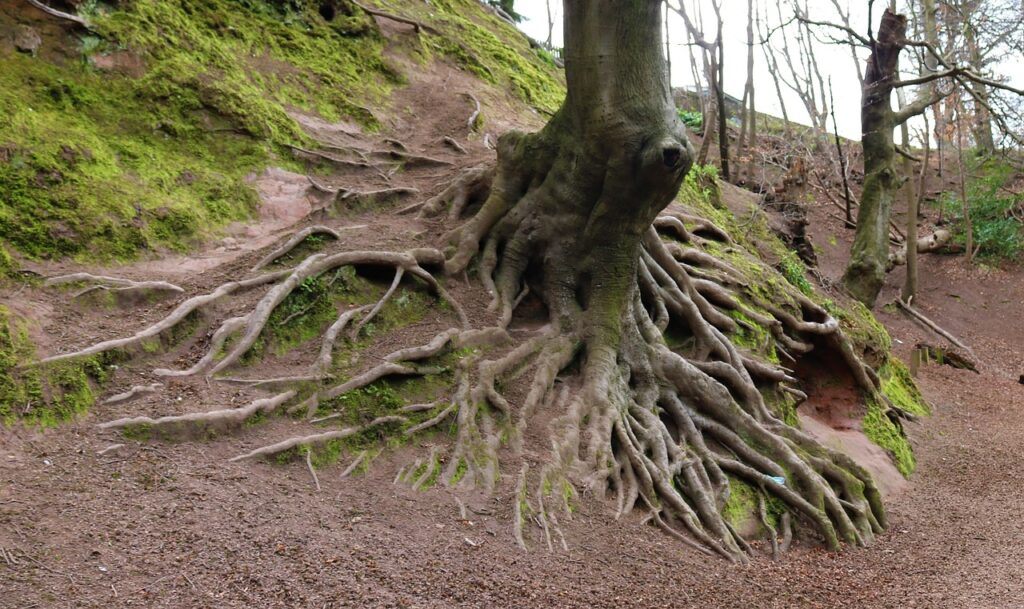
Why it matters:
Healthy soil is crucial for our food system, water filtration, and even combatting climate change by sequestering carbon. The microbes in soil might be invisible to the naked eye, but their impact is massive.
How to help:
- Compost organic waste: This adds nutrients back to the soil and supports microbial life.
- Avoid chemical fertilizers: These can disrupt the balance of microorganisms.
- Support sustainable agriculture: Buying from farms that prioritize soil health helps protect these vital ecosystems.
Nature’s Cleanup Crew – The Decomposers
When plants and animals die, decomposers like worms, beetles, and fungi break them down, returning essential nutrients to the earth. This process prevents dead matter from piling up and keeps ecosystems running smoothly. Without decomposers, forests, fields, and even our neighborhoods would be buried under debris.
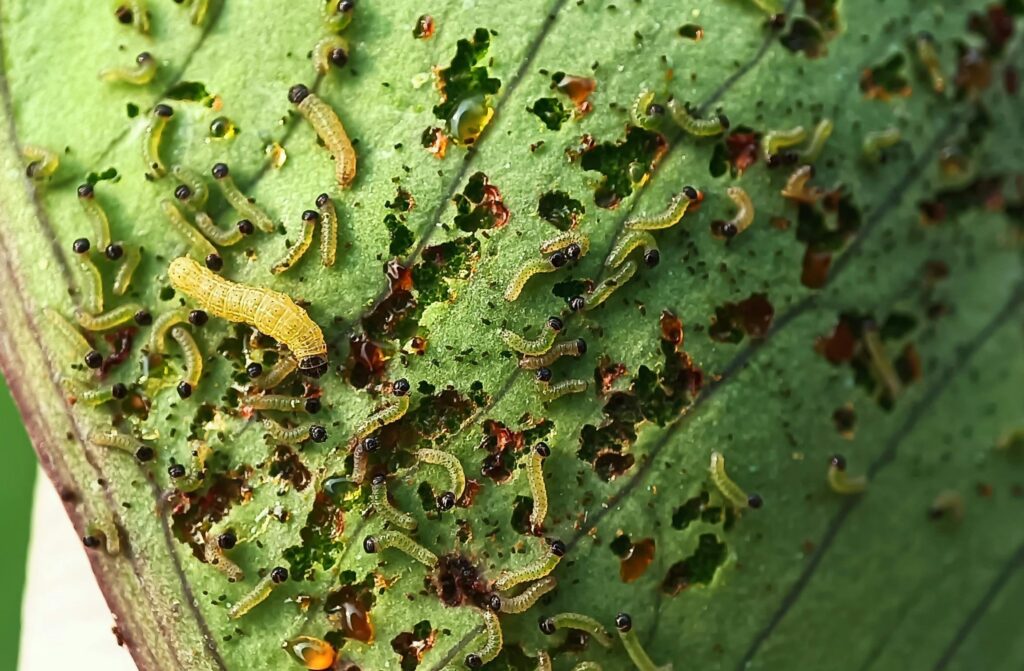
Why it matters:
Decomposers play a critical role in nutrient recycling. By breaking down dead organisms, they enrich the soil, making it fertile for new plant growth, which directly impacts food webs and ecosystems.
How to help:
- Create a decomposer-friendly space: Allow fallen leaves to stay on the ground and decompose naturally instead of bagging them up.
- Plant native species: Native plants support a wide range of decomposers by providing the organic material they need to thrive.
- Avoid pesticides: These can harm essential decomposers and upset the balance of local ecosystems.
The Guardians of the Seas – Coral Reefs and Mangroves
Coral reefs and mangroves are nature’s defenders of the coastlines, providing shelter for marine life and protecting against storm surges. Mangroves filter water, reduce coastal erosion, and absorb large amounts of carbon, while coral reefs are home to more than 25% of marine species, despite covering less than 1% of the ocean floor.
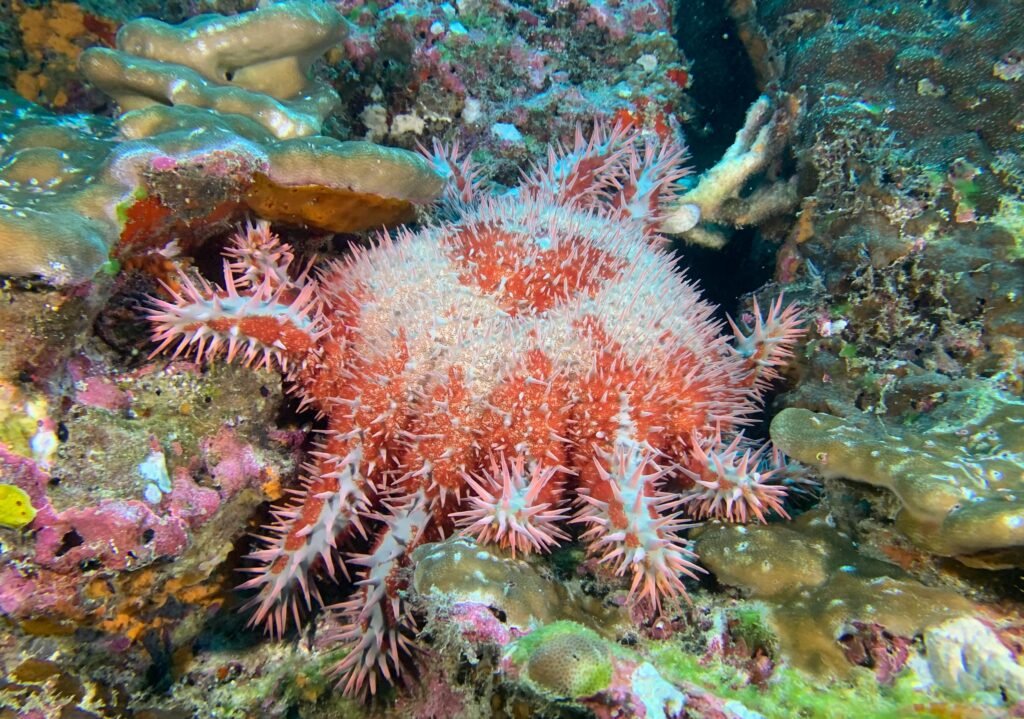
Why it matters:
The destruction of these ecosystems could lead to the extinction of marine species, more intense natural disasters, and further environmental imbalance.
How to help:
- Choose sustainable seafood: Overfishing and destructive fishing methods harm coral reefs and mangrove systems.
- Reduce plastic use: Oceans are filled with plastic waste that damages coral and marine habitats.
- Support restoration projects: Donate to or volunteer with organizations working to restore coral reefs and mangroves.
Air Purifiers in Nature – The Role of Forests
Forests are often called the “lungs of the Earth.” Trees absorb carbon dioxide and release oxygen, filtering our air and providing a buffer against climate change. Beyond air purification, forests are home to over 80% of the world’s terrestrial species, and many of the medicines we use today come from forest plants.
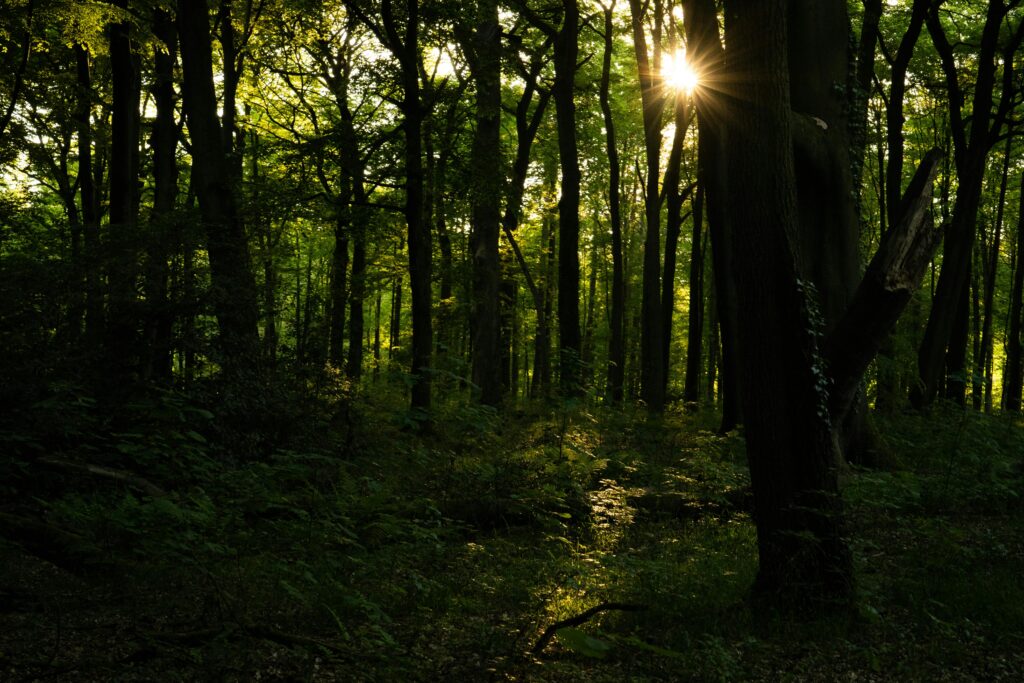
Why it matters:
Deforestation threatens biodiversity, human health, and our climate. Each tree lost is a blow to nature’s delicate balance, leading to soil erosion, loss of habitat, and increased carbon in the atmosphere.
How to help:
- Plant trees: Even small efforts in your community can have a significant impact.
- Support reforestation: Contribute to global and local efforts that aim to restore damaged forests.
- Go paperless: Reducing paper use helps decrease the demand for deforestation.
Tiny but Mighty – Pollinators’ Silent Work
Bees, butterflies, birds, and even bats serve as pollinators, helping plants reproduce. Without them, most of the fruits, vegetables, and nuts we consume wouldn’t exist. Pollinators are often under threat from habitat loss, pesticide use, and climate change.
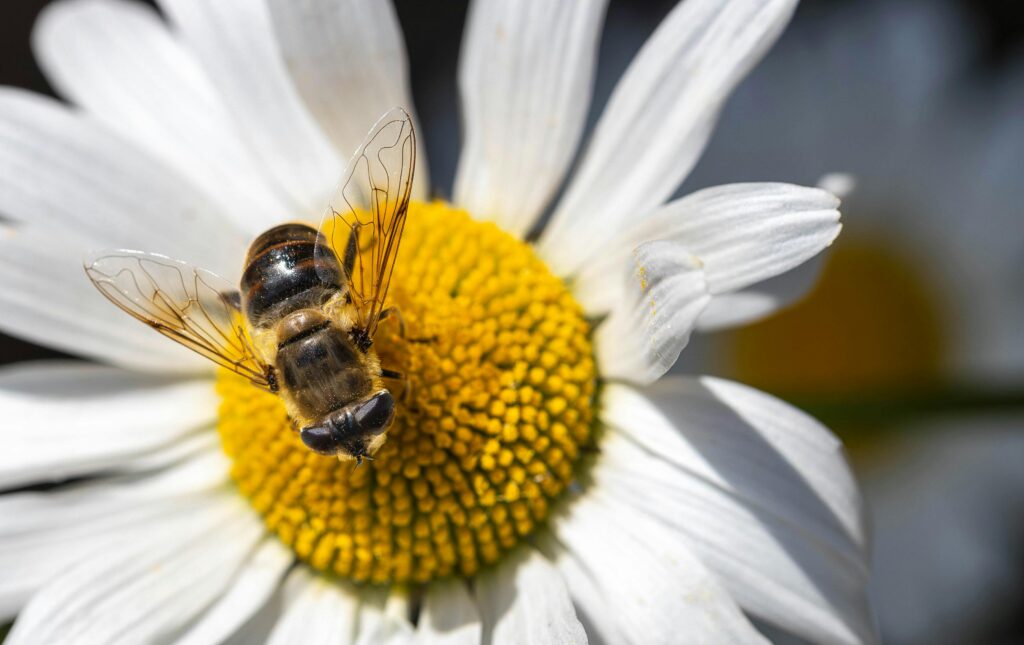
Why it matters:
Pollinators are vital to food security and biodiversity. Without them, ecosystems would collapse, and humans would face severe food shortages.
How to help:
- Plant a pollinator garden: Use native flowering plants to create a habitat for bees and butterflies.
- Avoid pesticides: These are particularly harmful to pollinators.
- Support beekeepers: Purchasing honey from local, sustainable sources helps maintain healthy bee populations.
The wonders of nature, while often hidden, are essential to the health of our planet and our well-being. By understanding their roles and actively participating in conservation, we can ensure that these hidden ecosystems continue to thrive for future generations. Every small effort, from planting trees to reducing plastic waste, helps protect the intricate balance of life on Earth. The secrets of nature are not so hidden when we take the time to look closely, appreciate their beauty, and act to protect them.







